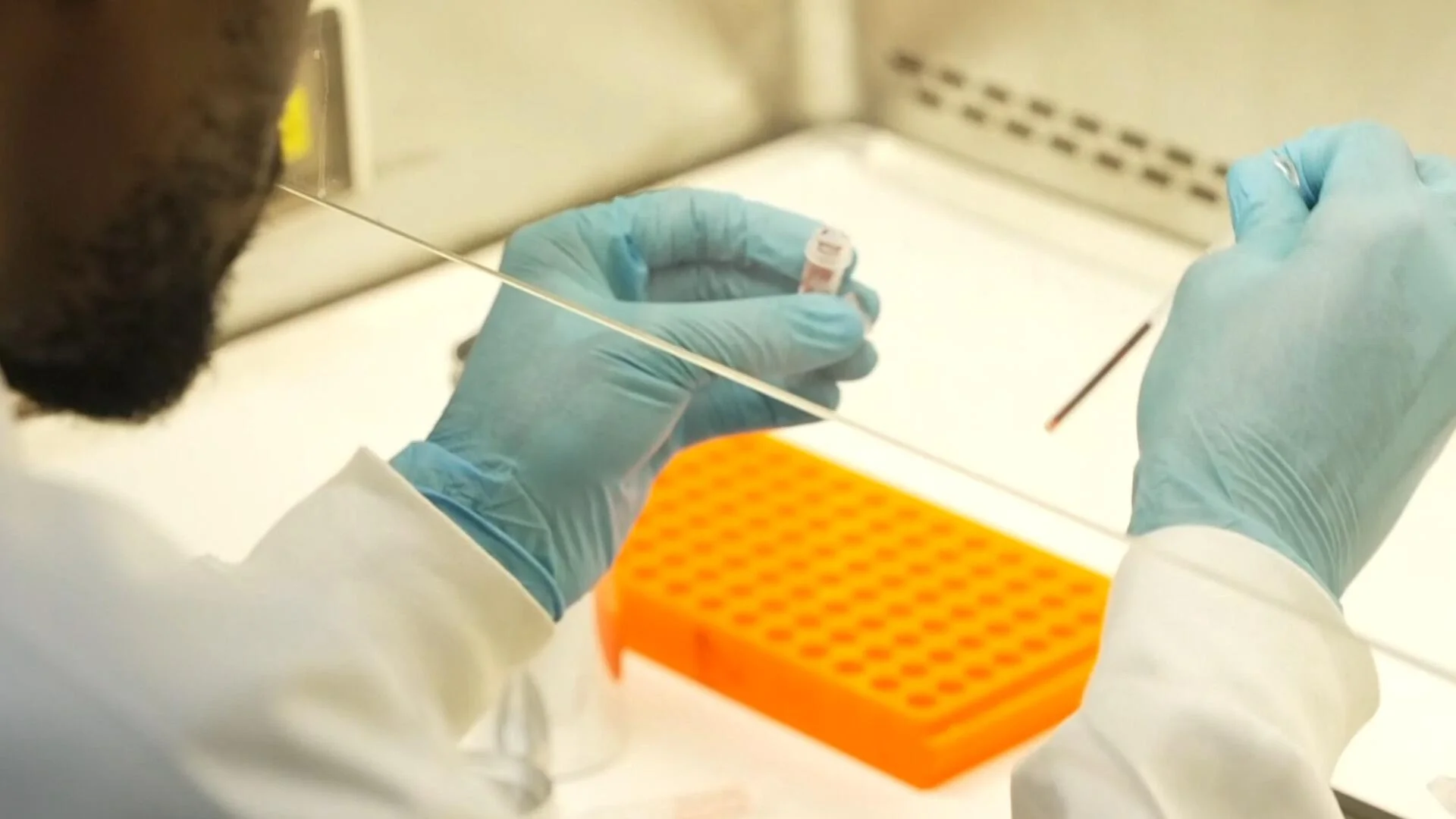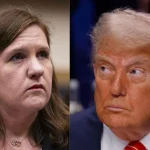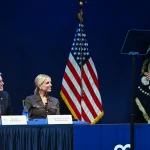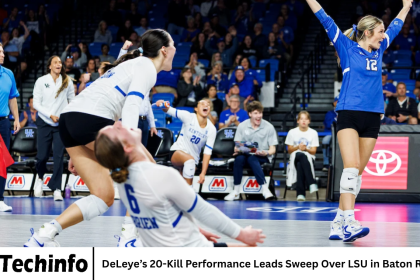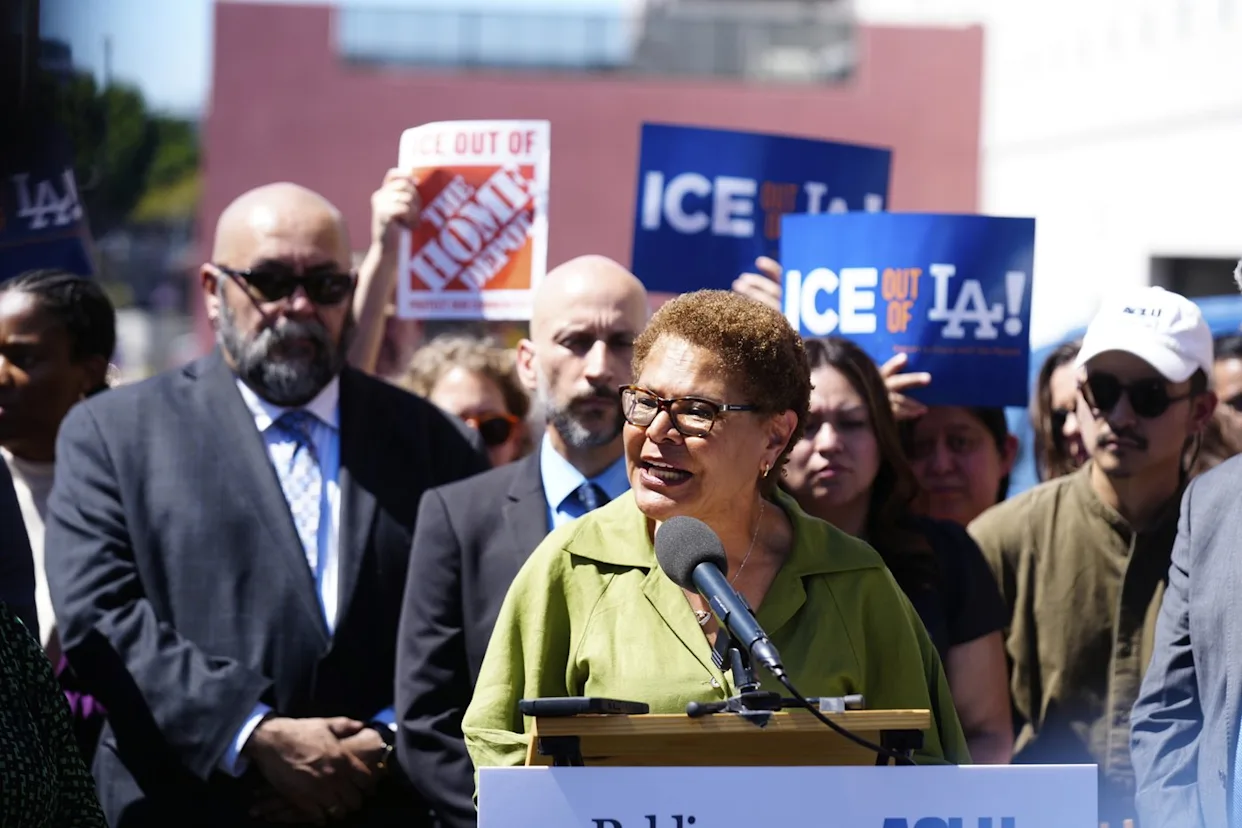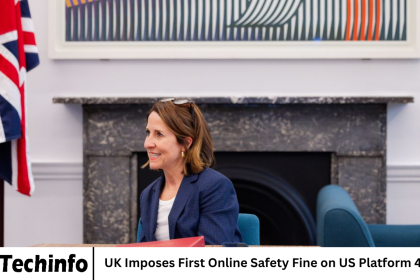In the heart of Central Africa, the Democratic Republic of Congo (DRC) is once again grappling with a deadly Ebola outbreak that threatens not only lives but also the fragile stability of the region. As health workers battle on the frontlines, a political storm is brewing thousands of miles away. A senior World Health Organization (WHO) official has warned that recent aid cuts ordered by former U.S. President Donald Trump could severely undermine efforts to contain the virus. With the Ebola death toll already climbing to 16, concerns are mounting that financial shortfalls could open the door to a wider humanitarian catastrophe. This development highlights the interconnected nature of global health security and the consequences when political decisions intersect with urgent public health crises.
- The Rising Ebola Threat in Congo
- Trump’s Aid Cuts and Their Global Ripple Effect
- Why International Support Matters in the Ebola Fight
- The Human Face of the Crisis
- The Science of Containment: Why Funding Is Critical
- Political Tensions Between Trump and WHO
- Economic and Security Implications
- The Role of Other Nations and NGOs
- The Moral Debate on Global Health Responsibility
- Looking Ahead: What Must Be Done
- FAQs
- Conclusion
The Rising Ebola Threat in Congo
The Democratic Republic of Congo has been no stranger to the Ebola virus. Since its discovery in 1976, the country has faced multiple outbreaks, some localized and others devastating. Ebola is one of the world’s deadliest diseases, with mortality rates in past outbreaks ranging from 25% to as high as 90%. The latest resurgence has already claimed 16 lives, according to WHO data, sparking fears that the epidemic could spiral further out of control if not swiftly contained.
Unlike other diseases, Ebola spreads rapidly through direct contact with infected bodily fluids, making it especially difficult to control in areas with limited healthcare infrastructure. The DRC’s vast geography, weak healthcare system, and pockets of ongoing conflict make containment a monumental challenge. The involvement of international aid and expertise is often the deciding factor between containment and catastrophe.
Trump’s Aid Cuts and Their Global Ripple Effect
During his presidency, Donald Trump repeatedly expressed skepticism about foreign aid, arguing that American resources should prioritize domestic needs. His administration cut back contributions to several international organizations, including the WHO, sparking controversy. In the case of Ebola, those cuts may now directly translate into reduced funding for field operations, fewer medical supplies, and limited resources for rapid response teams in Congo.
Dr. Margaret Harris, a spokesperson for the WHO, warned that “cutting funds at this critical stage will not only weaken Congo’s response but also heighten the risk of Ebola spreading beyond borders.” Aid cuts are not just numbers on a ledger; they represent fewer vaccines, less protective gear for doctors and nurses, and weaker logistical support in regions where basic medical services are already scarce.
Why International Support Matters in the Ebola Fight
To understand the stakes, one must look back at the 2014–2016 Ebola outbreak in West Africa, where more than 11,000 people lost their lives. It was international support—including billions of dollars from the United States—that played a pivotal role in halting the epidemic. Medical staff from around the globe, supported by American funding, helped build treatment centers, accelerate vaccine development, and establish public health systems that prevented an even greater tragedy.
Without such robust support today, the Congo faces the grim possibility of history repeating itself. WHO officials stress that outbreaks are not local issues but global threats. “Viruses don’t respect borders,” said Dr. Tedros Adhanom Ghebreyesus, Director-General of the WHO, during a press briefing. “A shortfall in Congo today could mean a crisis elsewhere tomorrow.”
The Human Face of the Crisis
Statistics and policy debates often overshadow the real human toll. In a small village near Beni, a mother of three described how she lost her husband to Ebola in less than a week. “He was strong, healthy, and suddenly he was gone,” she said, her voice breaking. Stories like hers reflect the fragility of communities already struggling with poverty, displacement, and conflict. Children orphaned by the virus face an uncertain future, and families torn apart by grief must cope with stigma and fear.
Healthcare workers, too, bear the burden. Nurses and doctors often work without sufficient protective gear, risking their own lives to treat patients. Several frontline workers have already been infected, a chilling reminder of the dangers they face daily.
The Science of Containment: Why Funding Is Critical
Containing Ebola requires a multi-layered response that is resource-intensive. Key strategies include rapid identification of cases, contact tracing, safe burials, vaccination campaigns, and community engagement. Each of these steps demands significant funding, coordination, and manpower.
The vaccine rVSV-ZEBOV, first deployed in the 2018 DRC outbreak, has proven highly effective. However, mass vaccination campaigns are costly, requiring not just doses but also cold-chain storage, transportation across remote terrain, and trained health workers to administer them. Aid cuts could derail such operations, giving the virus room to spread unchecked.
Political Tensions Between Trump and WHO
The strained relationship between Trump and the WHO was no secret during his presidency. Trump accused the organization of mismanagement and bias, even announcing plans to withdraw U.S. membership and funding in 2020. Although subsequent administrations reversed those decisions, the ripple effects of the funding gap are still felt in operations that rely on long-term commitments. Ebola response teams in Congo, once bolstered by U.S. financial support, now face uncertainty in sustaining their work.
The debate over international aid also reflects broader political divisions in the United States. Critics argue that funding foreign health crises takes away from domestic priorities, while public health experts counter that helping fight Ebola abroad is a cost-effective way of preventing pandemics from reaching American shores.
Economic and Security Implications
The consequences of an uncontrolled Ebola outbreak extend beyond health. Economists warn that epidemics can devastate local economies, disrupt trade, and drive political instability. The 2014 outbreak in West Africa caused an estimated $53 billion in economic losses across Guinea, Liberia, and Sierra Leone. For Congo, a country already battling armed conflicts and widespread poverty, the stakes are even higher.
Moreover, the risk of Ebola spreading across borders could destabilize neighboring countries, many of which lack the resources to manage a large-scale epidemic. Global health security experts warn that outbreaks in fragile states can become breeding grounds for unrest, fueling migration crises and creating openings for extremist groups to exploit chaos.
The Role of Other Nations and NGOs
With U.S. aid uncertain, other nations and non-governmental organizations are stepping in to fill the gap. The European Union has pledged millions to support Ebola response efforts, while NGOs such as Médecins Sans Frontières (Doctors Without Borders) continue to operate treatment centers on the ground. However, the sheer scale of the challenge makes U.S. involvement irreplaceable. The United States historically contributed the largest share of WHO’s emergency response budget, and without it, the fight against Ebola becomes significantly harder.
The Moral Debate on Global Health Responsibility
The situation raises profound moral questions. Should wealthy nations have an obligation to assist poorer countries during health crises? Supporters of international aid argue that morality and pragmatism both demand action. Not only does aid save lives, but it also reduces the likelihood of outbreaks spreading globally. Opponents, however, argue that national interests should take precedence, especially in times of economic strain at home.
This moral tug-of-war underscores the challenge of building a consistent global health strategy in a world of competing national interests.
Looking Ahead: What Must Be Done
As the death toll in Congo rises, health experts emphasize that time is of the essence. Reinstating and expanding international aid is critical to preventing a repeat of past disasters. Strengthening local health infrastructure, training more healthcare workers, and expanding vaccination campaigns must be prioritized. Furthermore, global coordination between governments, international organizations, and NGOs is essential to mount an effective response.
WHO officials continue to call for solidarity. “Ebola is not a Congolese problem, it is a human problem,” said Dr. Matshidiso Moeti, WHO Regional Director for Africa. “The world must come together before it is too late.”
FAQs
What is the current Ebola death toll in Congo?
The latest outbreak in the Democratic Republic of Congo has claimed at least 16 lives, according to the World Health Organization, with fears that the number could rise if containment measures falter.
Why are Trump’s aid cuts significant in the Ebola response?
The aid cuts reduce funding for crucial WHO operations, including vaccination campaigns, supply distribution, and rapid response teams. Without adequate U.S. support, efforts to contain Ebola face major setbacks.
How does Ebola spread?
Ebola spreads through direct contact with the bodily fluids of infected individuals, contaminated objects, or animals carrying the virus. Unlike respiratory viruses, it does not spread through casual contact or air.
Why is international aid critical for Congo’s Ebola response?
Congo’s healthcare system lacks the infrastructure and resources to fight a large-scale Ebola outbreak alone. International aid provides funding, expertise, vaccines, and logistical support crucial for containment.
Has the U.S. supported Ebola responses in the past?
Yes, during the 2014–2016 West African outbreak, the United States played a leading role, contributing billions of dollars and deploying medical staff and resources that were essential in ending the crisis.
What are the risks if Ebola is not contained in Congo?
If not contained, Ebola could spread to neighboring countries, cause economic devastation, and potentially spark another global health emergency, putting millions at risk.
Conclusion
The warning from WHO officials about the impact of Trump’s aid cuts on Congo’s Ebola response is more than a budgetary dispute—it is a wake-up call about the fragility of global health security. With 16 lives already lost and the virus threatening to spread further, the world cannot afford to turn a blind eye. History has shown that epidemics left unchecked can devastate entire regions and ripple across the globe. The question now is whether political will and international solidarity will rise to meet the challenge. In a world where no nation is immune from the consequences of infectious disease, the decision to act—or not to act—will define the course of this crisis and set a precedent for how humanity responds to the next.




